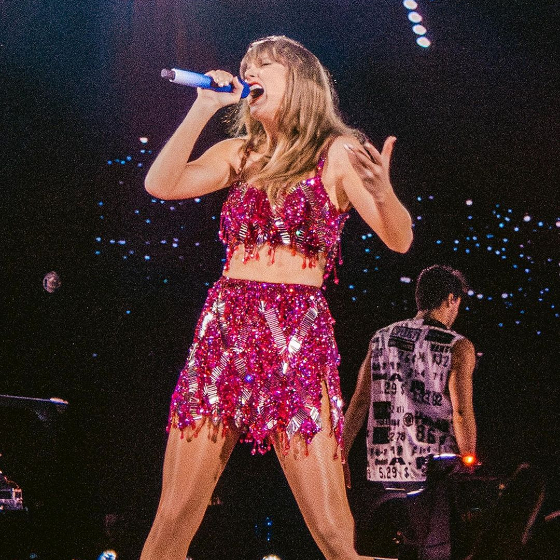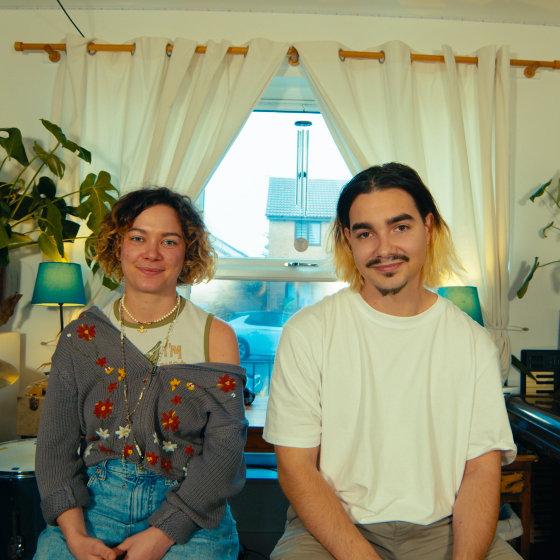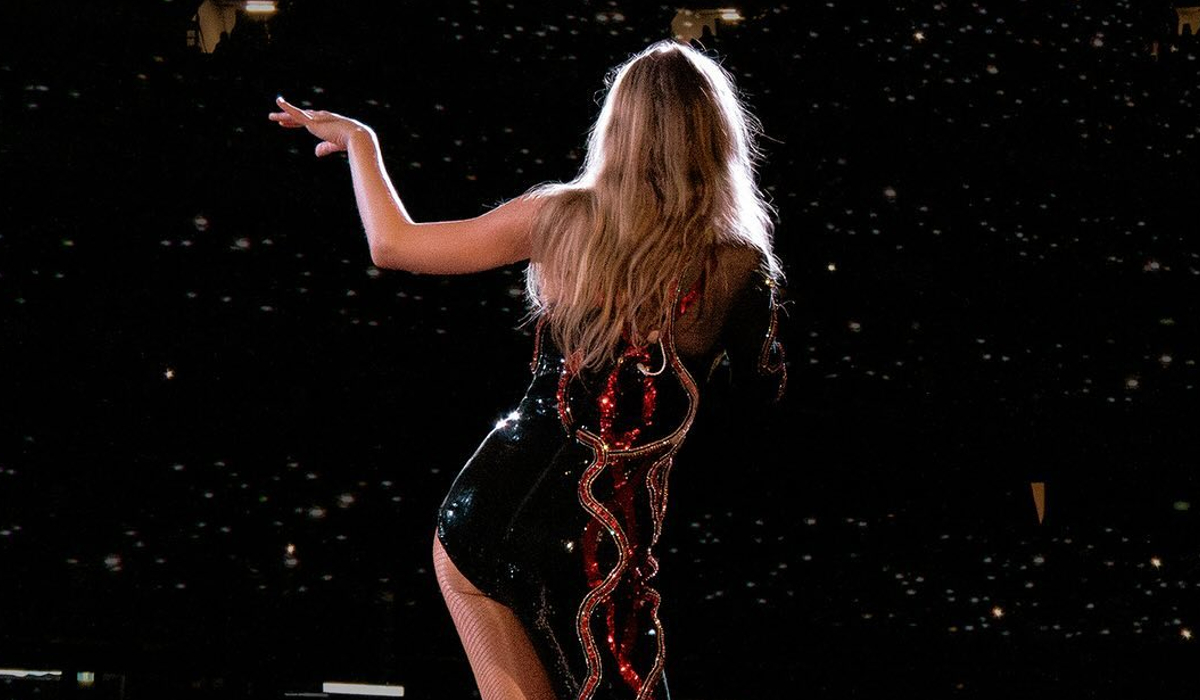MUSIC, MARKETING AND ‘THE MAN’: TAYLOR SWIFT AND THIS ERA OF WOMEN IN MUSIC
In the runup to The Eras Tour hitting Liverpool in June, Beth Harris examines Taylor Swift’s songwriting and marketing strategies, and the trials of being a woman in music.
Two decades into her career, and Taylor Swift is at the height of her powers. In the last twelve months alone, she has embarked on the highest-grossing tour of all time, become Spotify’s most streamed artist, been named Time Magazine’s Person of The Year 2023, and is the first artist to reach billionaire status solely from songwriting and performing. Next month, Miss Americana is bringing her sold-out European leg of The Eras Tour for a three-day stint at Liverpool’s Anfield Stadium.
Whether or not you’re a ‘Swiftie’, there is no denying that Taylor Swift is a music industry juggernaut. She has made the business work for her, not the other way around. Swift has established herself as an artist who slips between genres, from “country ingénue to pop princess and folklore witch”, which gives her a musically-diverse fanbase.
With every ‘Era’ comes a new persona, a new colour palette, a new story – each a standalone text which leads to a lucrative business model. Similarly, Swift’s empowering decision to re-record masters bought by Scooter Braun has also allowed her to successfully “re-market her own career” to fans old and new.
The common thread which ties the Eras together is Swift’s writing: a lyric-focused approach, rich in personal storytelling, with a knack for viral Pop hooks.
Swift’s stories leave room for interpretation, which only adds to her exposure – and her image as a modern “poet laureate”. According to journalist Abby Aguire, Taylor has a reputation for “embedding secret messages” in her content. Every release triggers a ritual of dissecting lyrics and teasers, finding ‘Easter Eggs’ which link to past lore and Swift’s life. Her latest musical offering, an epic 31-track anthology The Tortured Poets Department, has left fans interpreting her “deeply personal exorcisms” through the lens of The Eras Tour, and her brief relationship with The 1975’s Matty Healy. Whether intentional or not, the star’s cryptic style yields engagement.
The Tortured Poets Department was revealed to be a “secret double album” just hours after its initial release, akin to her “(3am Edition)” of 2022’s Midnights. According to Billboard’s Marc Schneider, this tactic encourages “extra listens” and emphasises her albums as “art objects and collector’s items”, skyrocketing sales.

Photo credit: Sara Regan (@elytssara)
Like any celebrity, Swift has fallen under scrutiny for her actions and choices. While many are valid criticisms, she has also been the subject of many sexist comments which have no place in discussing her art. Swift’s mere appearance at NFL boyfriend, Travis Kelce’s football game in 2023 sparked Barstool Sports personalities ‘Big Cat’ and ‘PFT Commenter’ to brand the singer “bad for football”. The pair made lewd jokes about “Taylor Swift’s vagina” and said they would only accept her presence in sport if her and Kelce made a sex tape.
Sexism in the music industry happens from a grassroots level, all the way up to the top of the Billboard Hot 100. Even as a modern music monarch, Swift still experiences much of the same misogyny that gender minorities in the industry face every day.
Earlier this year, the first ever UK Musicians’ Census drew attention “to the ongoing challenges women face in building sustainable careers”. It found that 51% of women in music have experienced discrimination due to gender, “a third of women in music have been sexually harassed”, and female musicians are paid less and have shorter careers than their male counterparts, despite on average being more trained.
These chilling statistics show that we need to nurture gender minority artists from the start of their careers, now more than ever. MusicSeen – a Liverpool-based CIC which acts as “the Yellow Pages of the local music scene” – boasts a catalogue of local artists, music industry professionals, venues, events, new releases and curated playlists. In March, they released a flyer of over 500 local women in music, and have an ongoing playlist for local women, trans and non binary+ acts.

Nina Himmelreich and Connor Di Leo, founders of MusicSeen.
Co-founder Nina Himmelreich says: “A big part of our mission at MusicSeen is to create initiatives to combat sexism and misogyny”. The CIC’s goals for 2024 are to host a grassroots music conference, and create a safe night out charter to train industry professionals on how to create a safer and inclusive local music scene.
Whether it’s the punchy Pop of Hannah-Morgan, poetic Indie Folk of Evie Moran, or the synthy inflections of Martha Goddard, there are so many incredible emerging artists to support in Liverpool long after The Eras Tour lands in the city. Are you ready for it?
Check out MusicSeen’s website here.
Words by Beth Harris /@lazygirlmusic




